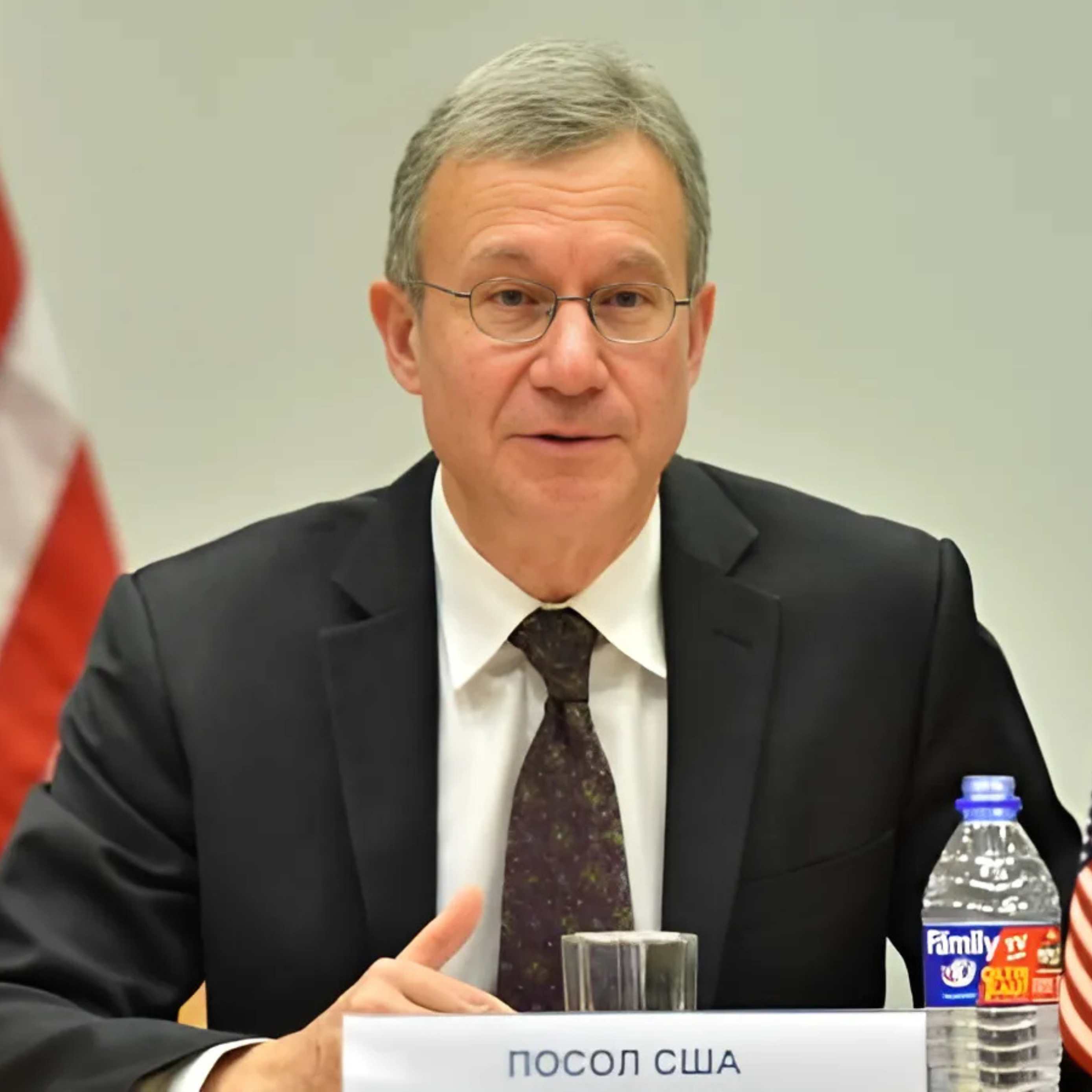Ambassador Daniel N. Rosenblum
 Ambassador Daniel N. Rosenblum
Ambassador Daniel N. Rosenblum
Dan Rosenblum’s interest in the Soviet Union started early: his father helped establish the American movement to save Soviet Jews from religious persecution when Dan was a toddler, so he grew up immersed in Cold War politics. This exposure led him to study Russian history and language at Yale. After a four-year stint advising U.S. Senator Carl Levin (D-MI) on foreign affairs and international trade, Dan went on to earn a Master’s degree in Soviet Studies from Johns Hopkins School of Advanced International Studies.
Following grad school, Dan worked for an NGO that supported independent labor unions in the former Soviet Union. He spent considerable time in the far-flung provinces of Russia, Ukraine, Belarus, and Kazakhstan just before the USSR’s 1991 breakup and during the six years that followed, observing firsthand the impact of wrenching social and economic transition on workers’ lives.
Joining the State Department in 1997, Dan spent the first part of his diplomatic career ensuring that U.S. foreign aid programs were supporting the sovereignty and stability of Eurasia and the Western Balkans. When Kosovo declared independence in 2008; when Russia invaded Georgia later that year; when Kyrgyzstan descended into political chaos and ethnic violence in 2010; and when Russia annexed Crimea and started a proxy war in Eastern Ukraine in 2014, Dan led the assistance response, designing and overseeing multi-billion-dollar assistance packages in support of U.S. policy goals. He served as Coordinator of U.S. Assistance to Europe, Eurasia and Central Asia from 2008-2014. During his last decade at State, Dan focused on the five Central Asian states.
As Deputy Assistant Secretary of State for Central Asia (2014-19), Dan was the U.S. government’s lead diplomat for the region, coordinating policy formation and supporting our embassies. Subsequently, he served as U.S. Ambassador (2019-25) first, to Uzbekistan, appointed by President Trump, and then to Kazakhstan, appointed by President Biden. During a challenging period of global instability, including the COVID pandemic and Russia’s invasion of Ukraine, Dan expanded security cooperation with both countries; facilitated billions in additional U.S. exports and investments; and conducted public outreach that extended U.S. influence throughout the region.
Dan retired from the State Department in March 2025.
